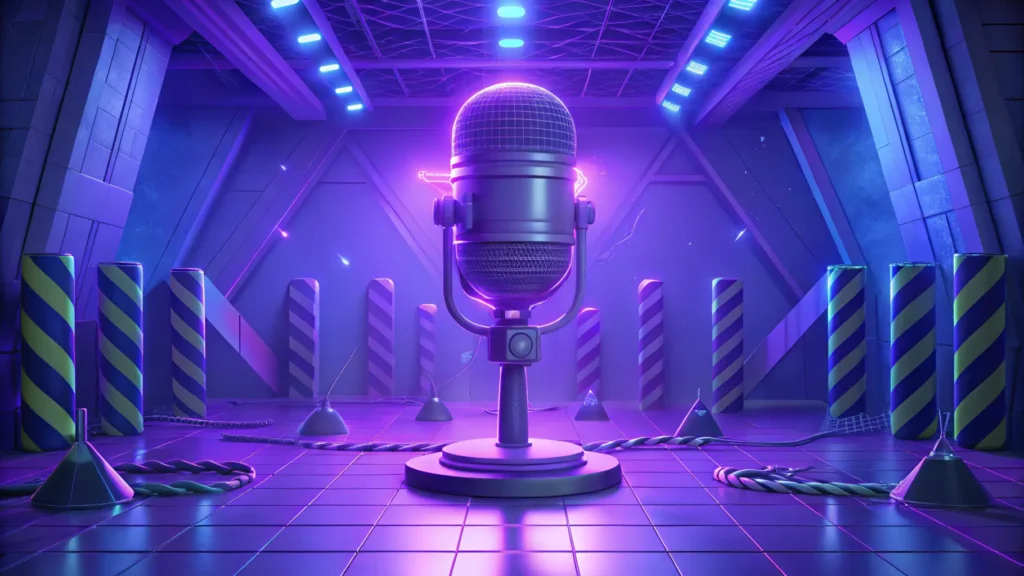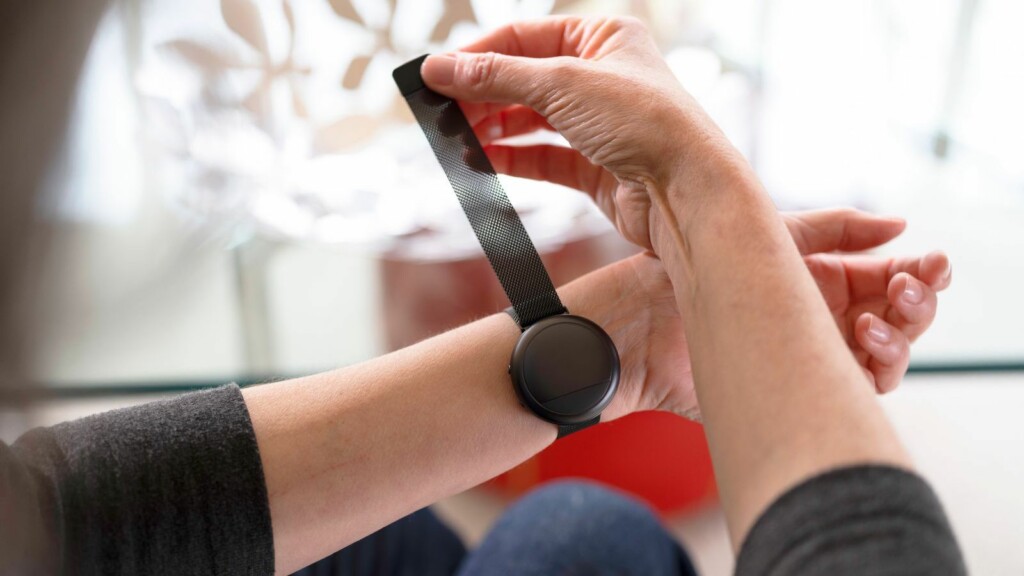Artificial Intelligence has quietly been tuning itself into the music industry—and in 2025, it’s no longer just a background beat. From composing chart-topping melodies to helping indie artists create unique tracks, AI music generators are transforming how music is made, shared, and even experienced. At Wheon, we explore how this tech trend is redefining sound and what it means for musicians, listeners, and the industry as a whole.
What Are AI Music Generators?
AI music generators are tools or software that use machine learning algorithms to compose original music. These systems analyze massive datasets of songs, melodies, genres, and rhythms to generate new compositions. Tools like Amper Music, AIVA, and Google’s MusicLM are prime examples shaping this revolution.
How Are These Tools Changing Music Creation?
1. Empowering Independent Artists
For independent creators without access to a full studio or band, AI tools offer the ability to generate soundtracks, beats, or instrumentals instantly. With platforms like Soundraw or Loudly, creators can produce music in minutes without needing deep technical skills.
2. Speeding Up Production Cycles
Film studios, game developers, and YouTubers can now generate royalty-free background scores on the fly. What used to take days of work now happens in minutes—making AI an attractive companion in commercial production environments.
3. Personalizing Music at Scale
AI is now being used to tailor music based on listener mood, workout rhythm, or even sleep patterns. Platforms like Endel create soundscapes designed to match an individual’s personal needs, which could soon become standard in wellness and health apps.
Concerns and Criticism: Will AI Replace Human Musicians?
A major question among music professionals is whether AI will replace human creativity. While AI can produce music that’s technically sound, many argue it lacks the emotional depth and cultural context of human-made compositions. Instead of replacing artists, AI is more likely to serve as a collaborative tool—handling repetitive tasks and letting artists focus on storytelling and emotion.
AI and Copyright: Who Owns AI-Generated Music?
Legal experts and organizations like WIPO (World Intellectual Property Organization) are currently working on frameworks to determine who holds rights to AI-generated content. As of now, in most cases, the user operating the AI tool owns the content, but this is likely to evolve as laws catch up with innovation.
The Future: Where Is This Headed?
- Hyper-personalized soundtracks for every user.
- Interactive AI composers for gaming and VR environments.
- Integration with platforms like Spotify or Apple Music for AI-curated and generated playlists.
- Live concerts with AI-powered visual and audio performances.
Final Note from Wheon
AI music generators are not here to take over the stage—but to redefine how the stage is built. They offer powerful tools for creators of all levels and are reshaping how music is imagined and produced. Whether you’re an aspiring musician or a curious listener, the AI revolution in sound is worth tuning into.

